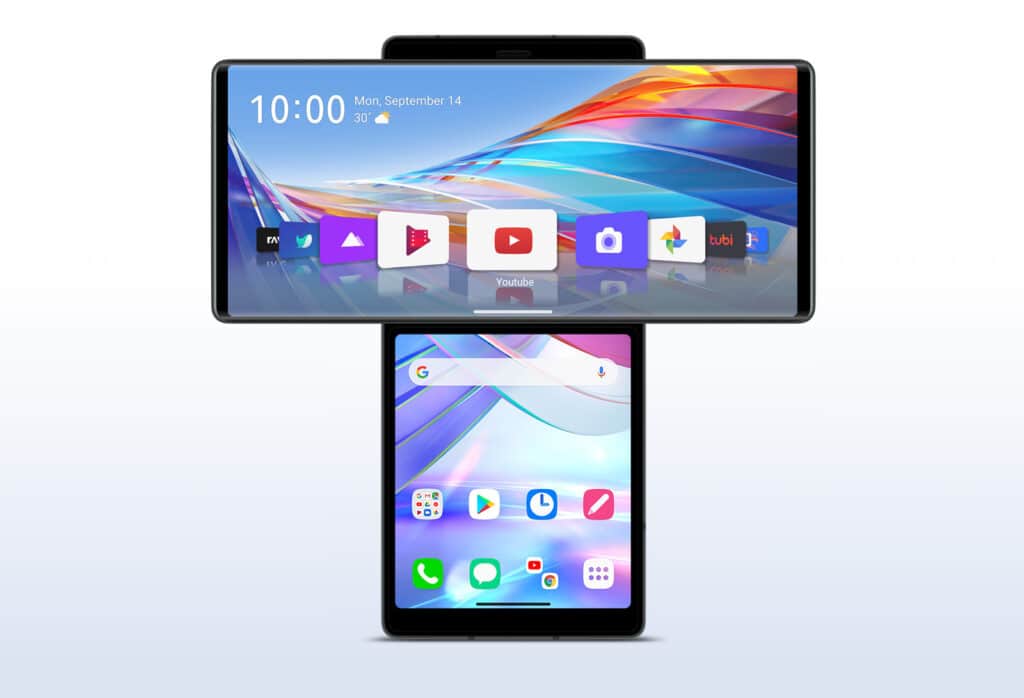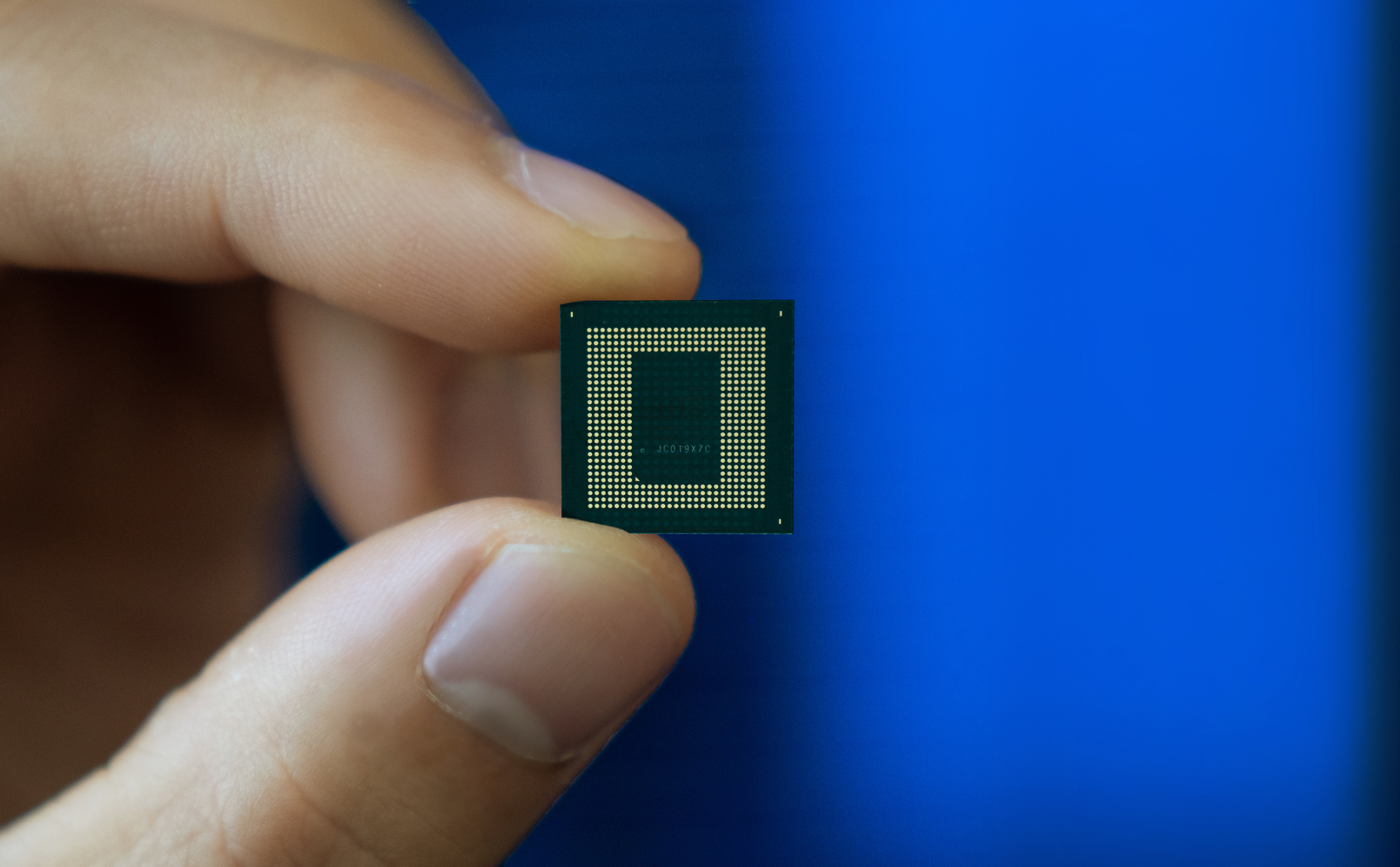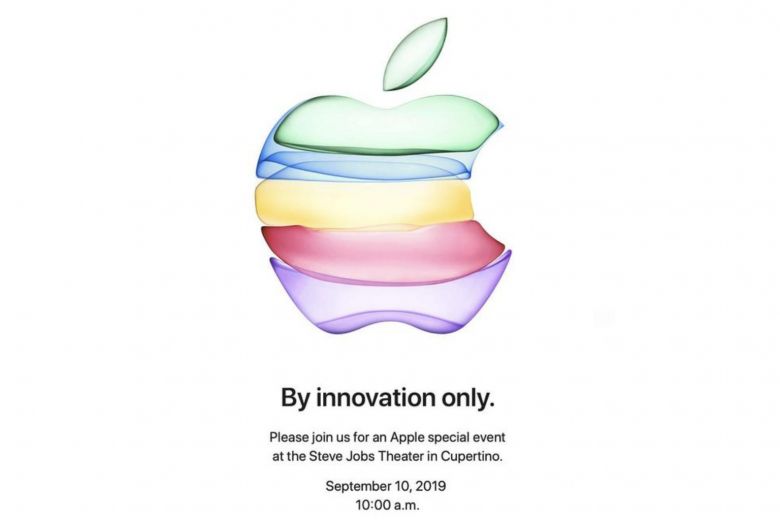After many years of pushing the envelope with its mobile innovation capabilities with very limited market success and six consecutive years of losses, LG Electronics has finally exited the smartphone business.
In the early and mid-2000s, LG was one of the top three mobile brands, just behind Nokia and Samsung. The hyper-competitive nature of the smartphone market globally has been tough for the brand to weather for LG. In the premium smartphone segment, the competition has primarily between centred around Apple, Samsung, and OnePlus. At the mid- to entry-level smartphone segment, the smartphone market has been dominated majorly by Chinese smartphone brands, offering the latest specs at cut-throat value for money propositions. In addition, smartphone players have been increasingly looking beyond their mobility business, to lock their users into their services ecosystems.
LG has also not been able to face upto the relentless challenge from Chinese smartphone players, and, especially their aggressive product pricing and marketing initiatives.
For LG, the decision to quit its loss-making mobile business was probably not tough. For the past few years, LG has leveraged its strong mobile R&D and innovation capabilities to reinvent the rectangular mobile phone. Unfortunately for LG, its innovation prowess could not translate into market gains.

LG also considered various options, including potential sale, to keep its smartphone brand equity alive. The last straw for LG was probably with the global ongoing chip shortage. Unlike others, such as Samsung, it did not have access to secure chip supplies, and it further dented its prospects.
All said, LG is positioned for continued success in its core consumer electronics business. In addition, LG will be keen to make progress on emerging opportunities, including in electric vehicles, and in smart homes. The decision to exit the smartphone business was prudent. Rather than considering a sale or licensing model, LG decided to preserve the brand equity of its consumer electronics business. LG’s intellectual property (IP) and recent innovation capabilities can potentially enable other mobile players.
For new entrants to the smartphone market, the Nokia and LG case studies should be an essential read. The smartphone industry is an hyper-competitive business, and requires nimbleness, agility and forward future-thinking.



